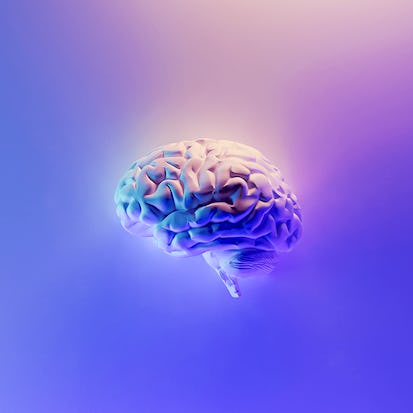- Level Foundation
- Duration 7 hours
- Course by University of Colorado Boulder
-
Offered by

About
In this course, you will explore how to develop and implement evidence-based methods for science communication. We’ll discuss major theories of human learning, cognitive phenomena like bias and motivated reasoning that can undermine even the best activities, and the science behind why mis/disinformation spreads so quickly. We’ll end with motivational interviewing and a discussion of how to use learning engineering to design educational activities.Modules
Welcome!
1
Videos
- Welcome and Course Overview
Introduction to the Learning Sciences
1
Videos
- How Do People Learn? An Introduction to the Learning of Sciences
1
Readings
- Learning Sciences for Educators Video
Methodology in the Learning Sciences
1
Assignment
- Introduction to the Learning Sciences
1
Videos
- Methodology in the Learning Sciences
Cognitive Theories of Learning
1
Videos
- Introduction and Cognitive Theories of Learning
1
Readings
- Optional: Catharine Young TED-Ed, How Memories Form and How We Lose Them
Contextual Theories of Learning
1
Videos
- Contextual Theories of Learning
1
Readings
- Contextual Learning and How It Benefits Students
Social Cognitive Theories of Learning
1
Videos
- Social Cognitive Theories
1
Readings
- Scientists Who Selfie Break Down Stereotypes
Behaviorist Theories of Learning
1
Assignment
- Learning Theories
1
Videos
- Behaviorist Theories
1
Readings
- Optional: Review of Early Behaviorism Experiments
Cognitive Phenomena and Science Communication
2
Videos
- Cognitive phenomena I: Epistemological beliefs
- Cognitive phenomena II: Bias
1
Readings
- Julia Galef TED Talk: Why You Think You're Right — Even If You're Wrong
Motivated Reasoning and Mis/Disinformation
1
Discussions
- Reflecting on System Thinking
1
Videos
- The Science of Mis/Disinformation
4
Readings
- Motivated Reasoning: Mini Course
- Countering Misinformation: Mini Course
- Optional: Joseph Isaac TED-Ed, Why People Fall For Misinformation
- Optional: Identifying Misinformation
Motivational Interviewing
1
Assignment
- Cognitive Biases and Science Communication
1
Videos
- Motivational Interviewing
1
Readings
- Motivational Interviewing Techniques
Introduction to Learning Engineering
1
Videos
- Learning Engineering
1
Readings
- Learning Analytics Interview with Bror Saxberg
Evaluation of Science Communication Activities
1
Videos
- Evaluation of Science Communication Activities
2
Readings
- Moving from Counting to Programmatic Evaluation
- Course 1 Resources
Final Project
1
Peer Review
- Course 1 Final Project
1
Readings
- DESC Universal Final Project Instructions
Auto Summary
"The Harder Side of Science Communication" is a foundational course in Personal Development offered by Coursera. Taught over 420 minutes, it delves into evidence-based methods for science communication, covering human learning theories, cognitive biases, and the spread of mis/disinformation. The course also includes motivational interviewing and learning engineering. Subscriptions are available at Starter and Professional levels, making this ideal for those eager to enhance their science communication skills.

Melanie Peffer


